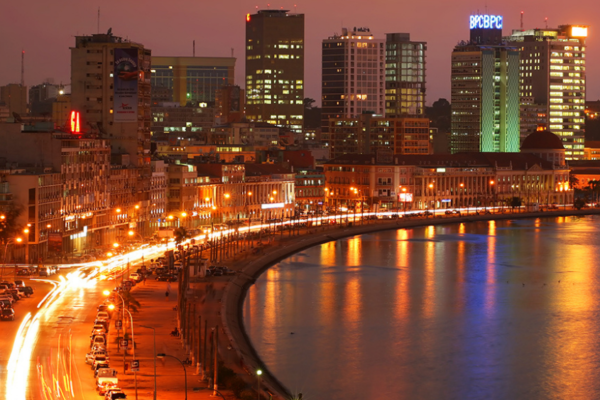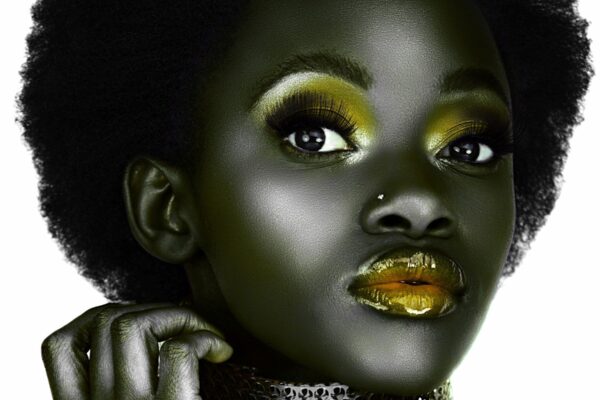African Non Alcoholic drinks have been part of modern culture though centuries and many countries have adopted them.
Some elements perfectly capture the essence of and differences between cultures worldwide. These include language, beliefs, traditions, music, dancing, dressing, food, and drinks. In Africa, drinks play a significant role in representing cultures and traditions. Bitter, tangy, sweet, or rather complicated, these drinks are typical of different African cultures and tell you something about them.
Most African Non Alcoholic drinks are unique and exotic and have significant health benefits. In addition, they showcase African diversity. Here are eight non-alcoholic drinks you’ll find only in Africa.
Maghrebi Mint Tea
This tea is a delightful combination of green tea and fresh spearmint leaves. This delicious tea is popular in the Maghrebi region of North Africa and is widely enjoyed by Moroccans.
Traditionally you prepare the tea in A berrad (teapot). First, you steep the tea to produce a spirit you save for later usage. Then you wash the green tea leaves and spearmint leaves and brew them with the added saved-up tea spirit and water. It would help if you didn’t use the spearmint leaves initially. You can instead put them directly in the teapots or teacups. This sweet tea is typical at social gatherings and is a vital Moroccan sign of hospitality.
Mazagran
The Mazagran drink is possibly the original ice coffee. It derives its name from Mazagran, a port city in Algeria. Algerians pour strong coffee over ice and serve it in tall narrow glasses or eponymous tumblers made of porcelain or clay.
The time and place of this drink’s origin are unclear. However, there is a theory that French troops in Mazagran drank a similar combination of coffee and ice to reduce the scorching effect of the heat because there was a lack of sugar and milk. The French serve it with a slice of lemon, and the Portuguese and Australians also enjoy it.
Rooibos
Rooibos is a South African bush with leaves commonly used for tea. It was initially a replacement for European black tea. The name rooibos, which means “red bush,” is derived from the red colour of the plant’s leaves.
Rooibos leaves work well for preparing tea, iced tea, and red espresso. Its benefits include;
- Weight loss.
- Enhancing skins appearance
- Alleviate pain.
- Control allergies.
- Build strong bones.
- Streamline digestion.
- Help control or prevent diabetes.
- Support heart health.
Amasi
Amasi is a traditional South African yoghurt, a fermented milk beverage with many nutritional benefits, making it popular and widely enjoyed. You could describe Amasi as a yoghurt and cottage cheese mixture with its thick, creamy texture and milky flavour. Enjoy it plain or with honey and fruits to enhance its sweetness.
This drink is filled with probiotic bacteria (making it well sought after) and is an excellent protein, calcium, iron, and magnesium source.
Zobo
Zobo is a trendy Nigerian drink also known as Zoborobo. They make it from dried roselle leaves (hibiscus species). The ingredients used are water, dried roselle leaves, garlic, ginger, and pineapple. It has a wine-like dark pink or rich purple colour.
In the Caribbean, they call it sorrel, while Sudanese people know it as karkade. Zobo goes by several other names in different African countries. Zobo’s health benefits include blood pressure regulation, reduced cholesterol levels, and reduced stress levels. In addition, it’s a relaxing drink for everyone, and Nigerians say that it is a homemade drink that brings the family closer.
Oshikundu
The people of Namibia present the Oshikundu drink, a non-alcoholic fermented beverage from a combination of water, pearl millet flour (mahangu), sorghum flour, pearl miller bran, and fermented oshikundu.
The combination has to ferment for several hours at room temperature. The resulting drink is a thick, brown drink packed with nutrients that you can enjoy daily.
Find out more about African Food and Drinks here
Café Touba
This coffee drink from Senegal is spicy and peppery. There’s a belief that Cheikh Amadou Bamba Mbacke, a religious leader from the Soufi Mouride Brotherhood and the founder of Touba, invented the beverage.
The Senegalese make Café Touba from coffee beans that have been roasted and ground along with the grains of salim (also known as Guinea pepper, kani pepper) or djar, a spicy replacement for pepper. For extra flavour, add ground cloves. The locals pass the liquid through a filter and then skillfully pour it between two containers repeatedly, ensuring aeration and frothing.
Leite Azedo
Our final of African Non Alcoholic drinks is Leite Azedo is a drink traditional to the people of the Mucubal community in Angola. They raise a specific breed of cattle, the Mucubal cattle, for meat and milk products. To preserve the milf for extended use, they ferment the milk to make Leite Azedo, a sour milk beverage.
Women in the community collect fresh milk into a container called Hupa, a gourd that they cut open and hollow out but leave unwashed. The gourd aids the fermentation process, which takes several hours. They then stir the mixture intensely for up to half an hour.
Locals usually don’t sell Azedo commercially but make it for personal consumption. Sour milk has several purposes, from direct consumption to use as an ingredient in traditional specialities like maíne or manhini, a combination of sour funje (cornmeal porridge) eaten with dried beef or mutton.
Everyone is welcome to try and experience the natural and nutritious drinks Africa boasts of. Whether you’re visiting the coastal beaches of South Africa or enjoying a night out in the vibrant cities of Nigeria, be sure to enjoy these non-alcoholic drinks and so many others. Alternatively, if you can get the ingredients to make any of these drinks, do not hesitate to try them out!





